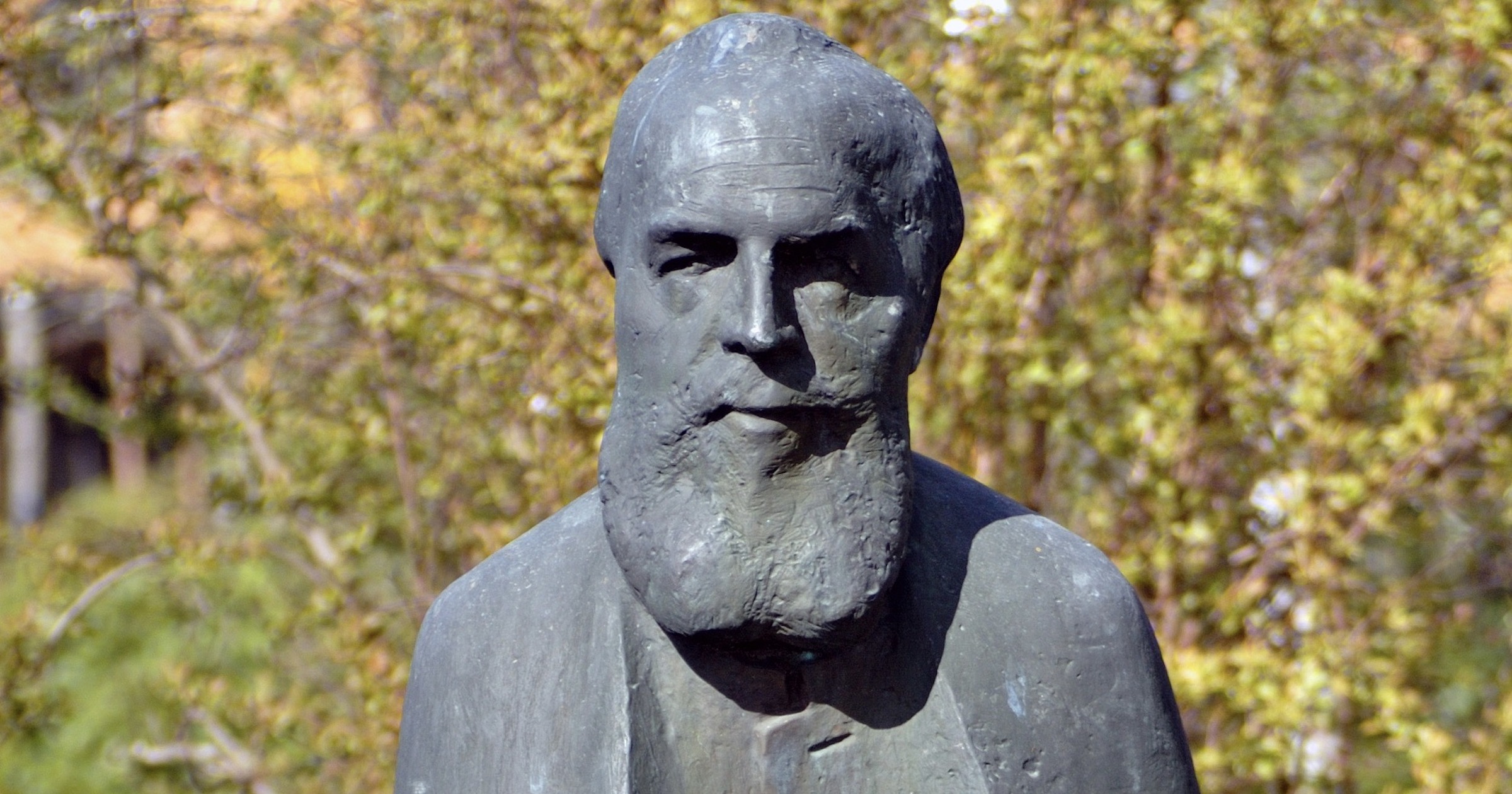 Evolution
Evolution
 Faith & Science
Faith & Science
As Many Opinions as There Are Men?

Editor’s note: We have been delighted to present a series by Neil Thomas, Reader Emeritus at the University of Durham, “Origin of Species: From Discussion Document to Nihilist Dogma.” This is the fifth and final article in the series. Find the full series here. Professor Thomas’s recent book is Taking Leave of Darwin: A Longtime Agnostic Discovers the Case for Design (Discovery Institute Press).
According to an ancient Roman proverb, “Tot homines, quot sententiae”: There are as many opinions as there are men. Indeed, an array of “minority verdicts,” parallel to those noted in my previous article (“The Rise of Theistic Darwinism”), was also discernible in the reception of Darwinism in Europe.
In Germany the ideas of Ernst Haeckel, in his youth a hardline Darwinian materialist, were to evolve to a surprising degree from his youth to his older age. Though he had once rejected the idea enshrined in the Humboldtian idea of Naturphilosophie (which invoked a mystical belief in a World Spirit), he later came to see sentient life as being beseelt (= “animated” or “endowed with soul”).1 As Alfred Kelly once put it, “In spite of himself, Haeckel came close to succumbing to teleology…. His view of nature resembled a great work of art almost yearning for the creator he kept begrudging it.”2 In fact, Haeckel’s Darwinism appears at length to have modulated into a form of pantheism, a belief in that very “All-Seele” (spirit of the universe) he had once so firmly rejected.
The Consummation of the Bible
His contemporary, Wilhelm Boelsche, who did much to popularize Haeckel’s views, even came over time to view evolutionary processes in lyrically hyperbolic terms as a form of Second Reformation whose universal laws represented a progressive revelation to humanity. For Boelsche, the Bible, read in its proper allegorical or what a later generation would call its “demythologized” sense, was fully compatible with science. He viewed the Bible as he did other myths and folklore as a vital yet primitive expression of the human spirit, later systematized by science on a higher level of expression. For Boelsche, science was the very consummation of the Old and New Testaments, hence the most devout position for modern man was to espouse the scientific Weltanschauung. It appears that evolution for Boelsche — by some form of albeit inscrutable spiritual alchemy which we can only guess at — had become transfigured into the very essence of what is meant by progressive revelation: he even expressed the belief that Darwin had been working in the temple of Nature, picking up where Jesus Christ had left off!
An Umbrella Organization
Hence in contradistinction to modern, supposedly hypercorrect interpretations of Darwinism, which insist on each element of what is somewhat reductively taken to be the Darwinian intellectual ensemble being in place, in the final decades of the 19th century and well into the initial decades of the 20th century Darwinism remained essentially an umbrella organization or broad church in which a variety of opinions were debated and what were in effect a number of “minority reports” issued.
Darwin himself encouraged such dialogic readings of his work by openly flagging up his doubts rather than sweeping them under the carpet (which seems to be the modern pedagogic practice3). Indeed, if the Origin of Species were a piece of creative literature, one might describe Darwin’s authorial persona as the very archetype of the non-omniscient narrator.
The Origin of Species, then, was in its beginnings a partly interrogative discussion document or extended position paper which tacitly invited a properly dialectic response rather than that materialist monolith it evolved into after the much-bruited “new synthesis” cemented its position with the imprimatur of hard-faced modernity in the early 1940s. In its 19th– and early 20th-century receptions by contrast, Darwinism did not degenerate into being a nihilistic rallying cry weaponized to advance the cause of militant atheism, and some plainly understood it as a theory which clarified and strengthened their Christian faith. It is this aspect of the Origin which is lost sight of (or deliberately disregarded) by modern legatees pushing an exclusively materialist agenda.
Notes
- German Seele (= soul). The be-prefix has transitive force, hence “endowed with soul,” in older English “ensouled.”
- Alfred Kelly, The Descent of Darwin: The Popularization of Darwinism in Germany, 1860-1914 (Chapel Hill, North Carolina UP, 1981), p. 28.
- Cf., for instance, the contributions to How Evolution Explains Everything about Life: From Darwin’s Brilliant Idea to Today’s Epic Theory, edited by Alison George (London: John Murray Learning, 2017).
